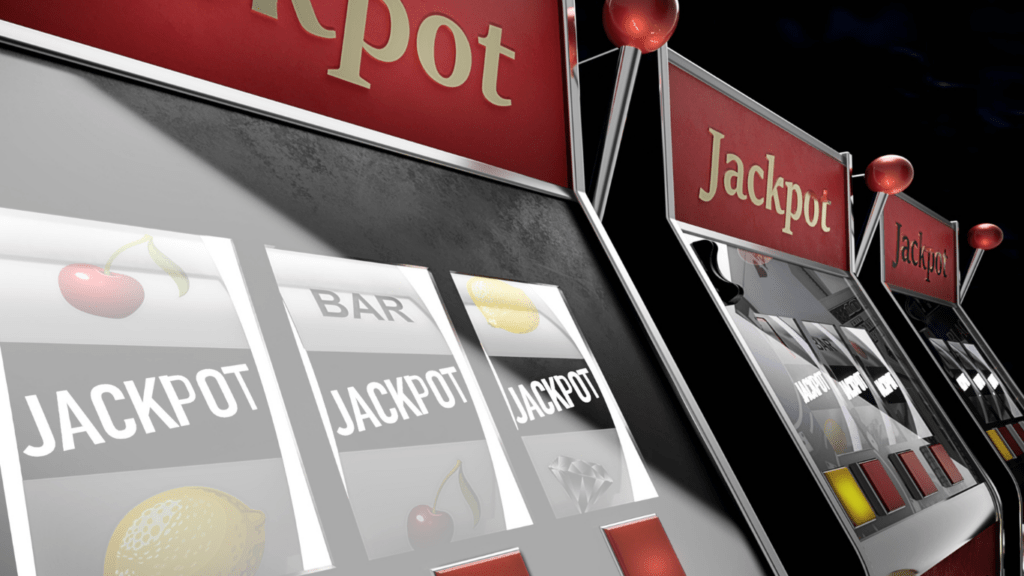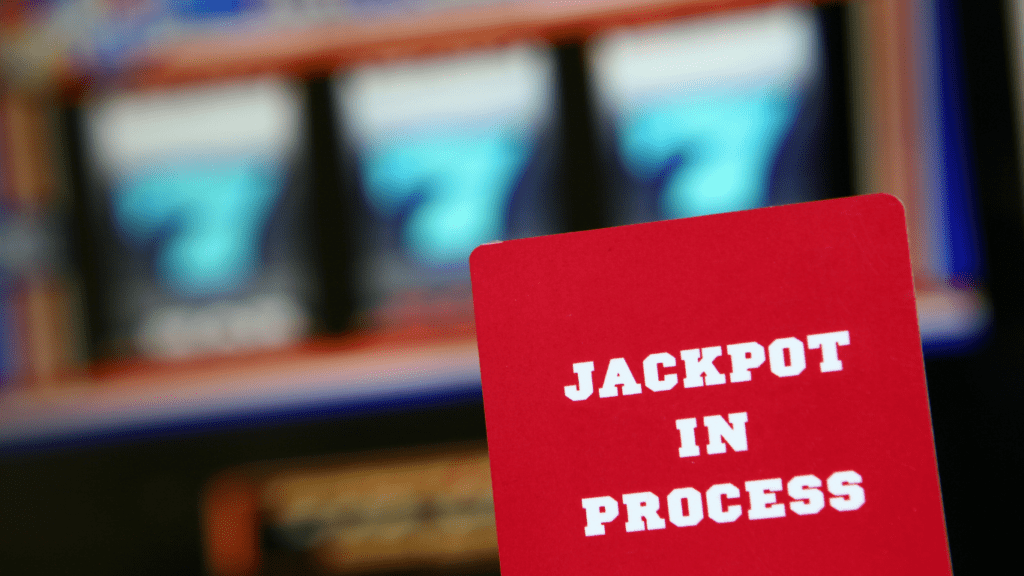Winning a mega jackpot feels like the ultimate dream, doesn’t it? Lately, it seems like more people are hitting those life-changing numbers, sparking curiosity and debate. Is it all about sheer luck, or is there a hidden strategy that gives certain players an edge
The Rise Of Mega Jackpot Wins
Mega jackpots have seen a notable surge in frequency and size in the last decade. Lotteries like:
- Powerball
- Mega Millions
have consistently increased their prize pools, with jackpots exceeding $1 billion multiple times between 2016 and 2023. This rise correlates with higher ticket sales, driven by aggressive marketing and growing public interest.
The increased participation reflects a shift in consumer behavior. Millions of players now engage with these lotteries, inspired by the life-changing stories of past winners. Expanded accessibility, including online ticket purchases, has further contributed to these records.
Multiple rollovers have amplified jackpot sizes as well. When no winner emerges, the prize grows exponentially, attracting even wider audiences. For example, the $2.04 billion Powerball jackpot in November 2022 resulted directly from months of rollovers, setting an all-time record.
Technological advancements have also played a role. Enhanced algorithms ensure more equitable ticket generation, and broader distribution channels allow participants across various regions to join. Combined, these factors have fueled the unprecedented growth of mega jackpots.
Understanding The Role Of Luck
Luck undeniably plays a significant role in mega jackpot wins. These games are designed to rely heavily on chance, making every ticket’s odds of success equal regardless of the strategy used.
The Odds Of Winning A Jackpot
Winning a mega jackpot is statistically rare. For example, Powerball offers odds of 1 in 292.2 million, while Mega Millions presents slightly steeper odds of 1 in 302.6 million. These figures highlight the random nature of victory, emphasizing that luck is the ultimate factor in determining winners. Strategies like choosing specific numbers or using quick-pick options don’t alter the underlying probabilities.
Stories Of Serendipitous Wins
Many jackpot stories underline the impact of luck. For instance, a South Carolina woman won $1.537 billion in Mega Millions in 2018 using a quick-pick ticket. Another notable example is a Wisconsin man who scooped $768.4 million in Powerball in 2019, attributing his win to purchasing a ticket on impulse while running errands. These narratives demonstrate how unforeseen moments of chance often lead to life-changing outcomes.
Exploring Strategies For Mega Jackpot Success

When discussing mega jackpots, it’s tempting to wonder if strategies can tilt the odds. While luck holds the ultimate power, some players believe calculated approaches make a difference.
Common Tips And Techniques
- Several techniques are popular among lottery players.
- Group pooling, where individuals combine resources to purchase multiple tickets, increases the total tickets played.
- A notable example is a group of 16 coworkers in Michigan who shared a $1 billion Mega Millions jackpot in 2021.
- Another approach involves choosing numbers based on personal significance, such as birthdays or anniversaries.
- This method connects the game to personal meaning but doesn’t affect winning odds.
- Some players instead analyze previous draw data, searching for patterns or “cold” numbers (numbers least drawn) and “hot” numbers (frequently drawn).
- Experts, however, emphasize the randomness of draws, making such patterns unreliable.
Does Strategy Increase Your Chances?
No strategy can improve the probability of a single ticket winning due to fixed odds—1 in 292.2 million for Powerball and 1 in 302.6 million for Mega Millions. However, strategies that increase the number of tickets purchased, like syndicates, mathematically enhance overall chances for a group. For example, pooling resources to buy 100 tickets would make the group’s collective odds 100 in 302.6 million for Mega Millions, though each ticket retains its individual odds. Players must also remember that the potential prize is divided among group participants in such cases. While strategies might bring structure and increase participation, they don’t override the lottery’s inherent reliance on luck.
Comparing Luck Vs Strategy In Mega Jackpot Wins
Understanding the role of luck and strategy in mega jackpot wins requires delving into their respective arguments. While chance dominates lottery games, some believe strategy adds a layer of control to an otherwise unpredictable outcome.
Key Arguments For Luck
Luck determines the outcome of lotteries because the systems rely on randomness. With odds like 1 in 302.6 million for Mega Millions, winning often feels like a one-in-a-lifetime fluke. I’ve seen numerous stories of winners attributing their success to spontaneous decisions, such as buying a ticket at the last minute or using quick-pick options. For example, the $758.7 million Powerball winner in 2017 credited an impulse purchase for her fortune.
Mathematics also highlights why luck is critical. The randomness of draws means no external factor, like selecting preferred numbers or using past patterns, influences results. Each ticket poses an equal likelihood, whether chosen deliberately or randomly. Even with increased participation, the overwhelming reliance on chance ensures unpredictability remains paramount to wins.
Key Arguments For Strategy
While luck holds the ultimate power, strategic play broadens overall chances, especially when pooling efforts. Group purchasing is one proven approach, backed by examples like the Michigan group that secured $1 billion in 2021. Combining resources allows participants to acquire more tickets collectively and cover more number combinations.
Other strategies involve picking numbers with personal or statistical significance. Some players avoid common choices like birthdays to prevent shared winnings if their numbers hit. Though patterns don’t influence outcomes, they affect how prize divisions unfold among winners. Tools like jackpot analysis apps or tracking less-used numbers also allow players to feel more engaged with their approach, even when success remains uncertain.



 Norman Luke is a passionate content creator and sports analytics enthusiast, dedicated to delivering engaging and insightful articles for JackpotRollZone. With a deep understanding of the intersection between sports and technology, Norman brings the latest trends, tips, and innovations to readers. His writing reflects his commitment to keeping sports fans informed and empowered with data-driven insights.
Norman Luke is a passionate content creator and sports analytics enthusiast, dedicated to delivering engaging and insightful articles for JackpotRollZone. With a deep understanding of the intersection between sports and technology, Norman brings the latest trends, tips, and innovations to readers. His writing reflects his commitment to keeping sports fans informed and empowered with data-driven insights.
